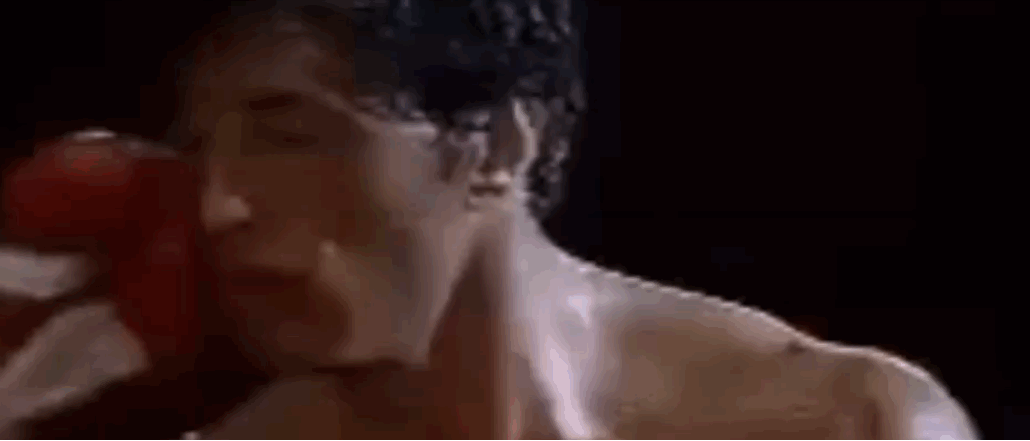Secure your place at the Digiday Media Buying Summit in Nashville, March 2-4

Digiday covers the latest from marketing and media at the annual Cannes Lions International Festival of Creativity. More from the series →
The beleaguered banner ad has been a whipping boy at Cannes this year, despite still being a workhorse for so many who abused it.
Hating on banner ads is hardly new, but the digital media industry, including publishers that use them, made a particular point to denigrate them at Cannes this year. And the yin to the banner bashing’s yang was a love fest for native advertising, in all of its hard-to-define forms.
“Banners are a huge part of our business. There’s nothing wrong with them. But I’ll challenge any reader on this: Name one memorable banner campaign since banners were invented,” said The New York Times’s vice president of branded content Sebastian Tomich.
His comments came just moments after he and Times executive vice president Meredith Levien presented the paper’s portfolio of impressive native ads, including the headline-grabbing piece it created for Netflix series “Orange is the New Black.”
“Native does have the power to bring memorable, digital-first advertising,” Tomich added.
Executives from social media companies played familiar tunes at Cannes. When Pinterest CEO Ben Silbermann gave his ads pitch on Wednesday afternoon to a group of digital media onlookers in the Sean Connery suite in the Carlton Hotel, he said the native nature of promoted pins makes them additive for users. The implicit comparison was to banners, which seem universally reviled.
Native has also been Twitter’s ad pitch from the get-go, and the company chose Cannes to release a report showing them to be an effective complement to TV advertising. Adam Bain, Twitter’s head of global ad revenue, said the results should be a catalyst for brands to stop wasting ad dollars on banners. Twitter is now doubling down on native, bringing its signature ad formats to other apps via MoPub.
Instagram’s brand development lead said brands staying native to the platform in both form and tone is of his utmost concern, and a necessity for a successful ad campaign on the platform.
Ad execs, too, jumped on the banner-hating, native-loving bandwagon. Deep Focus CEO Ian Schafer hosted a panel about content marketing — native advertising by another name — shortly after Silbermann spoke. His first question: “Is content marketing bullshit?” The answer was a resounding “no.” Everyone on the panel agreed that creating and subsequently marketing branded content — either as a native ad on a publisher’s website or through a platform’s native ad format — will continue to grow.
It’s no wonder then that the number of entries for the Cannes Lions branded content category continues to increase.
Not everyone was in total agreement, however. The one publisher still proselytizing about the power of banner ads was Mail Online, which, not coincidentally, runs many banner ads. Jon Steinberg has conveniently stopped criticizing banners now that he’s left native-happy BuzzFeed for banner-heavy Mail Online.
And yet the banner remains resilient. For all the hype surrounding the Times’s Netflix native ad, Tomich said banners will continue constituting a large portion of the Times’s ad revenue. There were countless ad tech companies along the Croisette, many of them selling publishers and brands on their solution for more efficiently buying, selling and tracking banner ads.
Instagram hosted a panel of Omnicom executives on Wednesday morning, and at one point the discussion broached the interruptive nature of advertising, and how to make ads that provide utility instead. As OMD’s chief digital officer astutely pointed out, banners offer some of the greatest utility in advertising history: They make the Internet free, and yet consumers show them no love.
The digital media industry is no different: It hates banners, everyone made that perfectly clear in Cannes. But no one’s been able to rid completely kick the habit — yet.
More in Media

Digiday+ Research: Dow Jones, Business Insider and other publishers on AI-driven search
This report explores how publishers are navigating search as AI reshapes how people access information and how publishers monetize content.

In Graphic Detail: AI licensing deals, protection measures aren’t slowing web scraping
AI bots are increasingly mining publisher content, with new data showing publishers are losing the traffic battle even as demand grows.

In Graphic Detail: The scale of the challenge facing publishers, politicians eager to damage Google’s adland dominance
Last year was a blowout ad revenue year for Google, despite challenges from several quarters.





